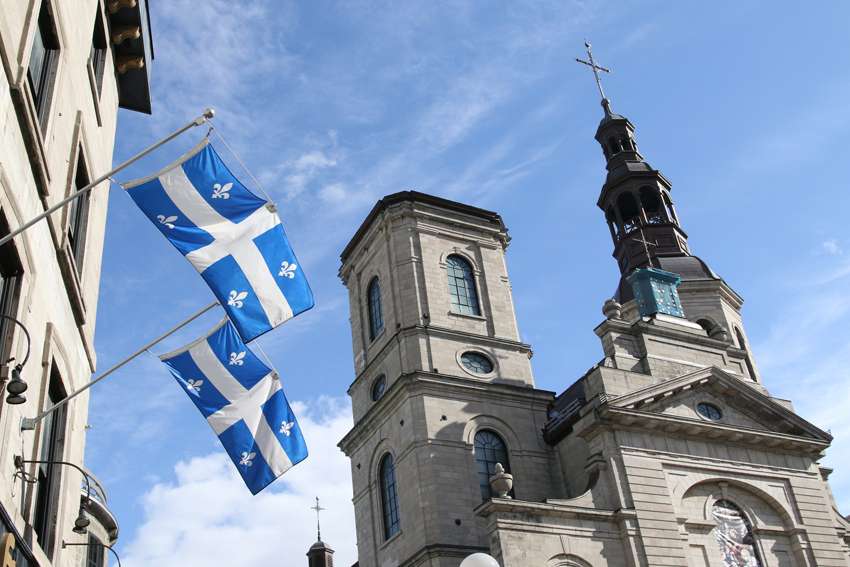“The complaint process is going through a difficult time. We are now encountering the worst of the bumps in the road,” Marie Christine Kirouack told The Catholic Register. “Do I think that we’ll get to the other side of that bumpy road? Yes.”
Her confidence remains despite the Dec. 7 bombshell resignation of former Superior Court Justice Pepita Capriolo as co-president of the very advisory committee set up to implement her scathing report on the archdiocese’s inept handling of convicted serial sex predator Fr. Brian Boucher’s case. Capriolo left her post deploring the “inexcusable delay” in removing a disobedient episcopal vicar and saying she was “revolted by the inadmissible treatment” of an employee who worked closely with Kirouack.
But Kirouack herself regards the latest storms as indicators the new system is flushing out the “old guard” and gaining widespread internal and public support that will ultimately restore effectiveness and faith.
“I have received so many e-mails (saying) ‘What you are doing is good, we believe in this, we believe in the process, keep going,’ ” Kirouack said.
She said the very existence of the ombudsman’s office, which was created May 5, 2021, directly as a result of Capriolo’s inquiry, gives Montreal a unique advantage in the Canadian Catholic landscape. When she attended a convention of the Forum of Canadian Ombudsman last October, attendees were surprised to learn the Church even has an ombudsman. Kirouac says she told them she might be the only one in North America or possibly even Europe.
“I am there to sound the alarm,” she stresses, contending that favours preventing any repeat of the Boucher catastrophe when the sexually deviant rogue priest was protected by some in the clerical hierarchy as he ran rampant, sometimes violently, through the Montreal archdiocese.
The Montreal lawyer’s mandate, which includes overseeing the complaints process for all forms of abuse whether sexual, financial, spiritual or psychological, is rooted in 31 recommendations of Capriolo’s 2020 report. In her resignation letter, which was appended to the Fifth Ombudsman’s Report for the Archdiocese, the former judge said she took on duties as co-chair of an archdiocesan advisory committee optimistic that change would come. Two years later, she wrote, she is disillusioned and disgusted by a series of attempts to thwart renewal, which have been documented in each successive Ombudsman’s statement.
Capriolo characterized Archbishop Christian Lépine as isolated and oblivious to how much support he actually has for rapid, wide-scale reform. She sharply criticized his nearly three-month delay in dealing with “serious faults and breach of confidentiality” that ultimately led to the removal of an Episcopal Vicar later identified as Msgr. Roger Dufresne.
Kirouac’s report identifies such deficiencies of the system as the result of “contradictory pressures” on Lépine and others in the hierarchy to slow the pace of reform. She acknowledges Dufresne tried to circumvent her by breaching the confidentiality of the process, failing to report a complaint and, in at least one case, encouraging a complainant not to contact the ombudsman’s office, saying “he would take care of it personally.”
But she doesn’t believe that examples of what appear to be, in Capriolo’s words, “clericalism resurfacing” are reason to leave now, even after she was temporarily and illegitimately blocked from accessing certain computer files.
“I am a voice of the victims. I have a job to do,” she says.


